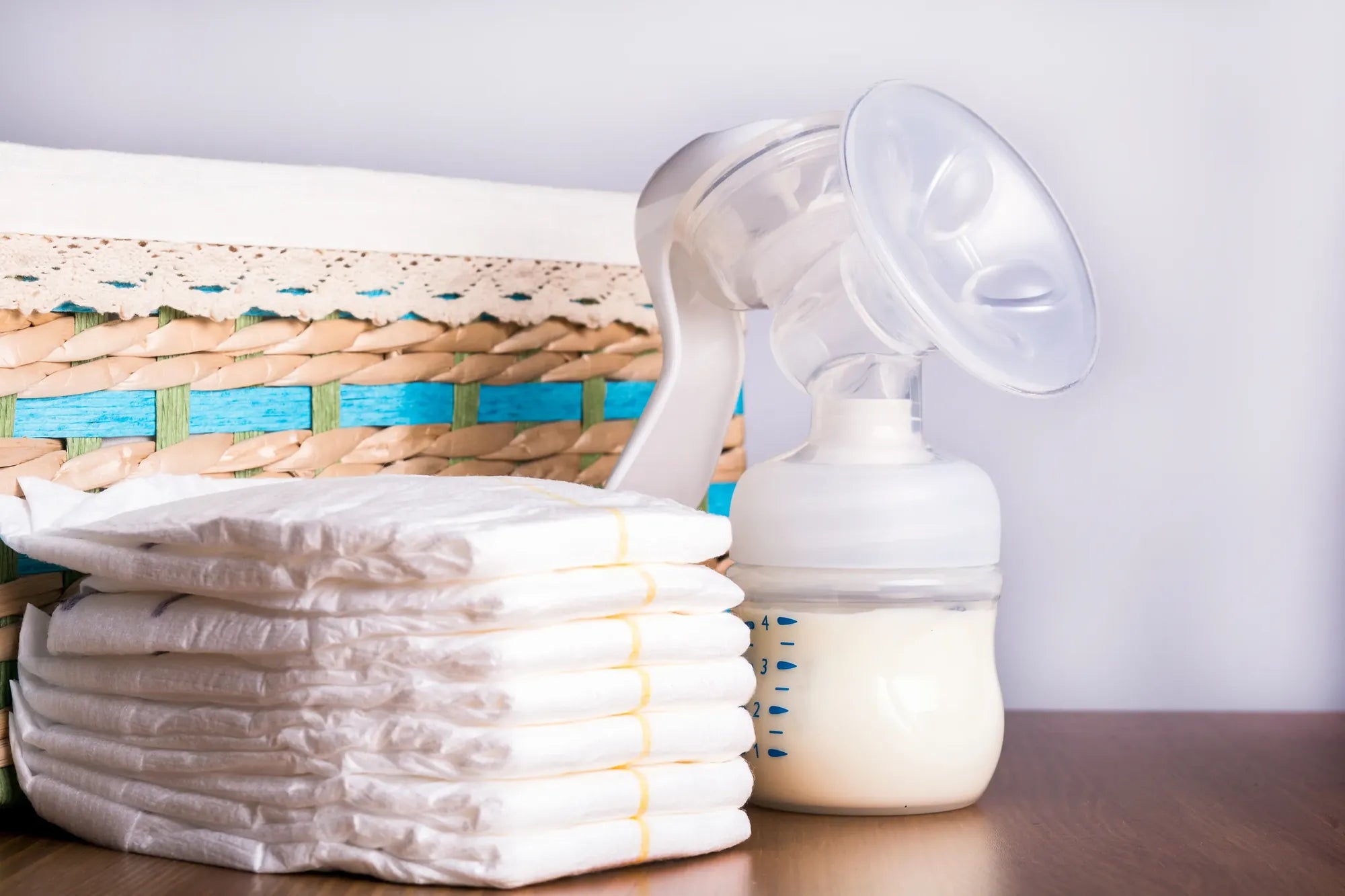Inicio
Pregnancy, Breastfeeding, and Pumping: The Ultimate Guide for Moms
When Can I Start Pumping Breast Milk While Pregnant: A Complete Guide

When Can I Start Pumping Breast Milk While Pregnant: A Complete Guide
Pumping breast milk while pregnant is a topic that sparks curiosity and concern among expectant mothers. Many wonder if it’s safe, when to start, and how it might impact their pregnancy. This comprehensive guide will answer all your questions and provide valuable insights into this important aspect of prenatal care.
Understanding Breast Milk Production During Pregnancy
Breast milk production begins during pregnancy, but the timing and volume vary from woman to woman. Hormonal changes, particularly the rise in prolactin and progesterone, prepare your body for lactation. However, colostrum, the nutrient-rich first milk, is typically produced in small amounts during the second and third trimesters.
Is It Safe to Pump Breast Milk While Pregnant?
Pumping breast milk during pregnancy is generally considered safe for most women. However, it’s essential to consult your healthcare provider before starting. Certain conditions, such as a history of preterm labor or cervical insufficiency, may require caution. Your doctor can provide personalized advice based on your medical history and pregnancy progress.
When Can I Start Pumping Breast Milk While Pregnant?
The ideal time to start pumping breast milk while pregnant depends on your individual circumstances. Many experts recommend waiting until the third trimester, around 36 weeks, to avoid stimulating contractions prematurely. However, some women may choose to collect colostrum earlier, especially if they have specific health concerns or plan to donate milk.
Benefits of Pumping Breast Milk During Pregnancy
Pumping breast milk while pregnant offers several benefits. It allows you to build a supply of colostrum, which is crucial for your baby’s early nutrition. Additionally, it can help you become familiar with pumping techniques and equipment, making the transition to breastfeeding smoother after delivery. For women with gestational diabetes or other health conditions, pumping can also ensure their baby receives the necessary nutrients.
Potential Risks and Precautions
While pumping breast milk during pregnancy is generally safe, there are potential risks to consider. Stimulating the breasts can trigger uterine contractions, which may increase the risk of preterm labor in some cases. To minimize risks, avoid excessive pumping, stay hydrated, and monitor your body’s response. If you experience any discomfort or unusual symptoms, stop pumping and consult your healthcare provider immediately.
How to Pump Breast Milk Safely During Pregnancy
To pump breast milk safely during pregnancy, follow these tips:
- Start slowly and limit pumping sessions to 5-10 minutes.
- Use a manual pump or a low-suction electric pump to avoid overstimulation.
- Store collected milk properly in sterile containers and label them with the date.
- Stay relaxed and comfortable during pumping sessions to reduce stress.
Expert Tips for Pumping Breast Milk While Pregnant
Experts recommend the following strategies for a successful pumping experience:
- Communicate with your healthcare provider to ensure it’s safe for you.
- Educate yourself about proper pumping techniques and hygiene practices.
- Join support groups or online forums to connect with other expectant mothers.
- Be patient and flexible, as every pregnancy and breastfeeding journey is unique.
Frequently Asked Questions
Here are answers to some common questions about pumping breast milk while pregnant:
- Can pumping cause miscarriage? There is no evidence that pumping breast milk causes miscarriage, but it’s essential to proceed with caution and consult your doctor.
- How much colostrum can I expect to collect? Colostrum is produced in small amounts, typically a few milliliters per session.
- Can I donate pumped milk during pregnancy? Some milk banks accept donations from pregnant women, but eligibility criteria vary.
Pumping breast milk while pregnant can be a rewarding experience that prepares you for your baby’s arrival. By understanding the timing, benefits, and precautions, you can make informed decisions that support your health and your baby’s well-being. Always consult your healthcare provider to ensure a safe and positive journey.
Compartir

